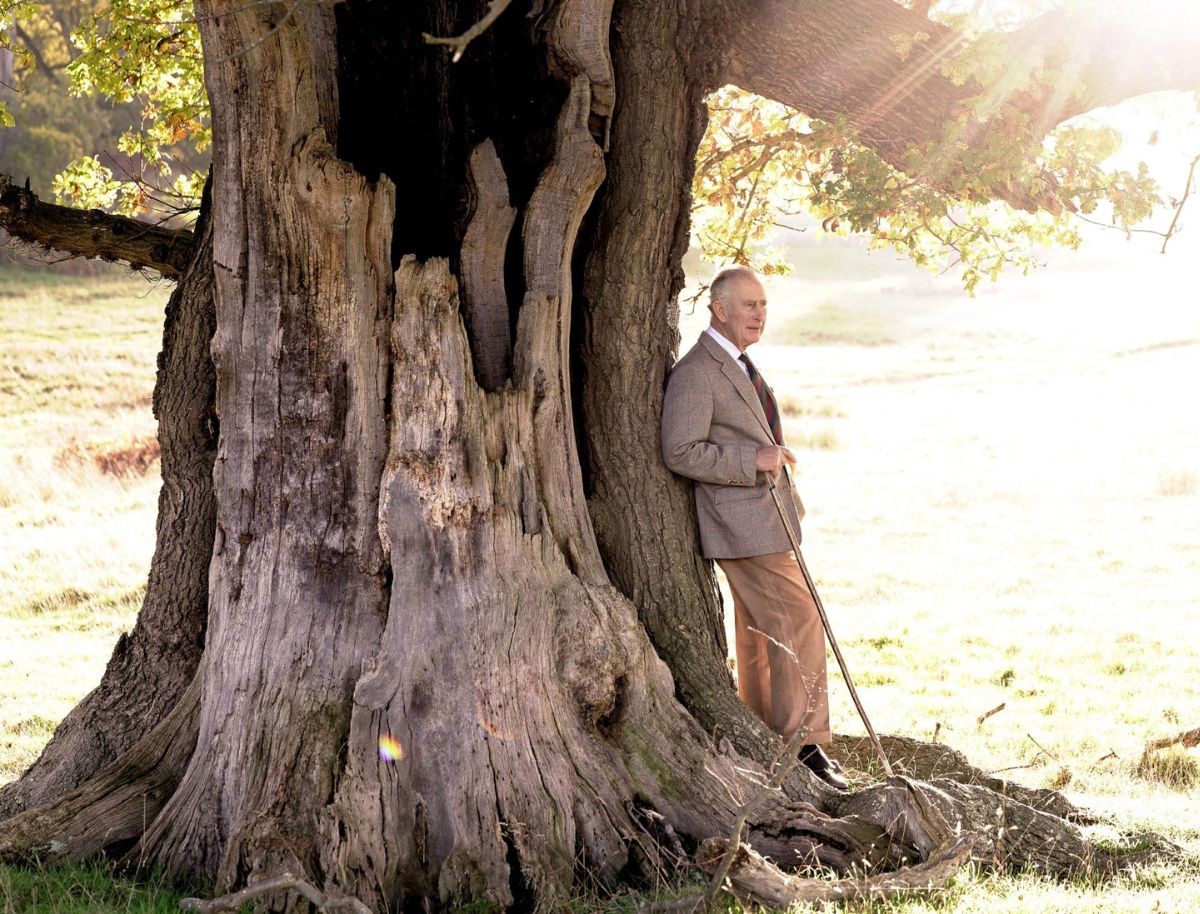“It all seems obvious to me,” King Charles III recently told German President Frank-Walter Steinmeier, referring to the need for a green transition. During a boat ride to an electrolyser site in Hamburg’s harbour, the UK’s new monarch confessed he felt like he was becoming “a frustrated old man” over attitudes to the climate emergency.
The King is certainly no stranger to the climate fight. Over the last 50 years, Charles III has been very public about his concern for the environment, with many of his statements blurring the lines of the Crown’s political neutrality. In this way, his accession to the throne is expected to limit his ability to be outspoken about matters of public policy. Yet, it also marks the first time that the UK has a declared environmentalist as Head of State.
“We have to put ourselves on what might be called a war-like footing,” the King said during the COP26 climate conference in 2021. In his speech, he called for “a vast military-style campaign” that would “marshal the strength of the global private sector” and mobilise it for the climate fight. But is this a battle that he can – or even should – lead?
The King delivered his first condemnation of single-use plastic at the age of 21, seven years before the phrase ‘global warming’ was coined. He recently recalled being called ‘dotty’ and ‘mad’ when he made the decision to invest in regenerative organic agriculture in his Highgrove estate, back in 1985. The criticism did not stop him. Seven years later, produce from the farm was used by the prince to start Duchy Originals – now Waitrose Duchy Organic – the UK’s largest own-label organic food and drink brand. Since 2009, the company has generated over £34m for The Prince of Wales’s Charitable Fund, which has been used to fund innovative farming projects such as a new field lab aiming to revolutionise grass management by using data from space to boost productivity.
“If farmers know more accurately how their pastures are performing, they can develop their business to make better use of them, delivering more forage for their animals,” says Kate Still, livestock adviser for Innovative Farmers and the Soil Association. “This increased information on productivity can build confidence to farm more agro-ecologically, creating healthier soils that can store more carbon and support more wildlife.”
Read the complete article by clicking below:
